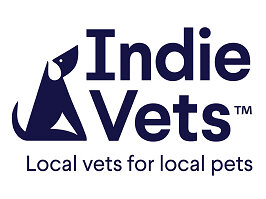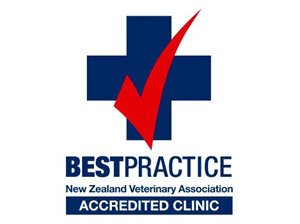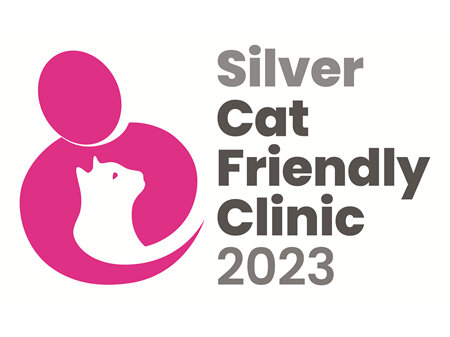Worms. It is pretty disgusting to think of these parasites crawling around in your pet but unfortunately, it can happen.
Signs your pet has worms can vary and dogs and cats don’t always show signs of worms. They can carry an internal worm burden in their intestines or lungs without any immediate sign of illness. Despite this apparent good health, the worms may be causing internal issues. This is why we recommend regular deworming.
While worms are usually only associated with minor signs of ill health, there are a couple of illnesses which can be a bit more serious. The two most common examples are:
- Roundworms in puppies - the immature immune system allows the worms to proliferate in the intestines to such an extent that they can cause an overwhelming infestation.
- Lungworm infections in cats. Lungworms can cause coughing or difficulty breathing. Regular worming with a product (like Bravecto Plus & NexGard Spectra) that manages lungworm infections is important – especially for the hunters amongst your cats!
- The common dog and cat roundworm can be passed on to humans. Chances are an adult with a healthy immune system will deal effectively with the challenge, however, there can be serious consequences for children.
Tips
- Remove dog poo from your lawn while fresh! Fresh faeces are not dangerous but the ones that have incubated in the environment for a few weeks give the eggs time to mature to the infective stage.
- Worming young animals repeatedly is a key part of their care. They need to be dosed every 2 weeks between 4 & 12 weeks to eradicate the worms that they have picked up from their mother. In contrast, a typical adult dog or cat needs to be wormed only once every 3 months.
- Not all worm treatments are equal. Often cheaper products don’t treat a full range of worms. To be sure that you are using the appropriate worm treatment, it's safest to talk to the team at Franklin Vets, who will be able to match the right product to your pet's needs.
- Indoor-only pets need to be wormed too, as they can still be exposed to prey species such as insects and rodents, as well as the potting mix in indoor plants.
Dr Nikki Frost BSc BVSc MANZCVS (Medicine of cats) Senior Vet at Franklin Vets Pukekohe.




